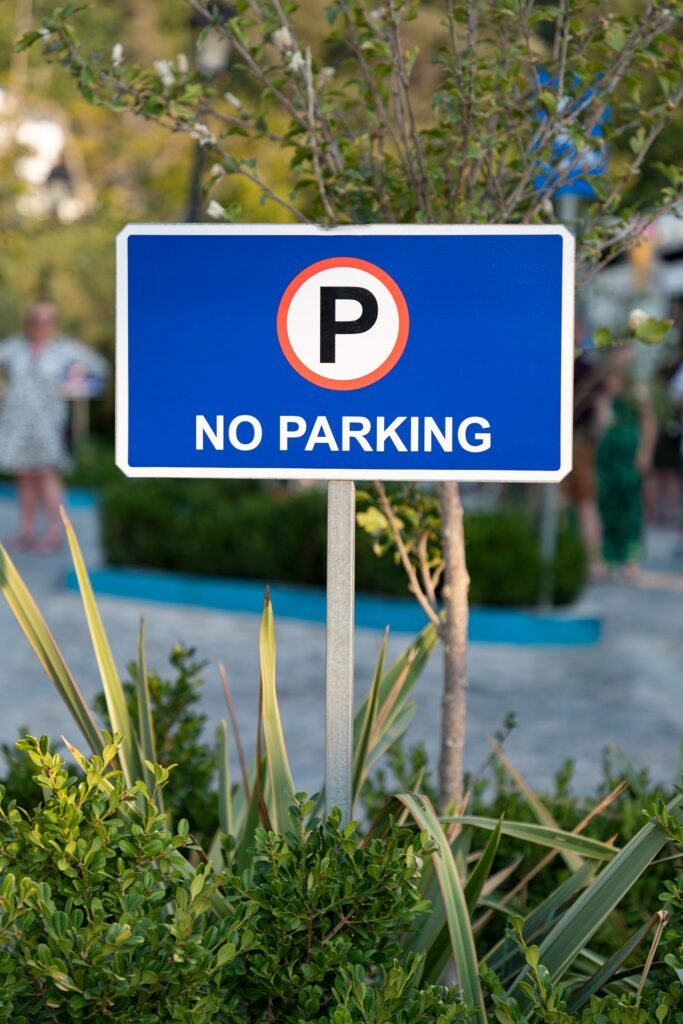Traffic offences and naturalisation application
Applicants for British citizenship may have one, two, three, or more traffic offences or parking tickets and may wonder what impact those will have on their applications. Luckily, traffic offences, parking tickets and fare dodging only in some circumstances can lead to refusal of naturalisation application. Therefore, before submitting the naturalisation application, it is important to take sometime to understand the Home Office guidance relating to such offences and their impact on good character requirements.
Fixed penalty notices and naturalisation application
Fixed penalty notices, penalty charge notices and penalty notices for disorder are imposed by the police or other authorised enforcement officers for traffic rule violations. Receiving a fixed penalty notice, which you paid promptly as required, does not form part of a person’s criminal record and should not result in refusal of naturalisation application.
However, if a person has failed to pay or unsuccessfully challenged the penalty notice, which then leads to subsequent criminal proceedings resulting in a conviction, those offences would be treated in line with the sentence imposed by the court and could cause refusal of naturalisation depending when the conviction occurred.
Furthermore, multiple fixed penalty notices over a short period of time could demonstrate a disregard for the law and therefore demonstrate that someone is not of good character, which can also lead to refusal of the application.

In general, Home Office ‘good character’ guidance assures applicants that having a criminal record does not need to be an absolute impediment to obtaining British citizenship by naturalisation. On the other hand, the guidance states that having a criminal record reflects poorly on a person’s character. Therefore, a criminal record, traffic offences, parking tickets or fare dodging penalties, have to be disclosed and their likely impact on the application have to carefully considered before applying for British citizenship.
Automatic refusal of naturalisation on criminal grounds
In some cases when criminality is involved naturalisation application will be automatically refused by the Home Office. This includes instances when an applicant:
- an applicant have received a custodial sentence of at least 12 months in the UK or overseas
- have consecutive sentences totalling at least 12 months in the UK or overseas
- are a persistent offender who shows a particular disregard for the law
- have committed an offence which has caused serious harm
- an applicant have committed a sexual offence or their details are recorded by the police on a register
- is a persistent offender
This can mean a series of offences committed in a
fairly short timeframe or offences which escalate in seriousness over time, or a long
history of minor offences.
- have committed an offence which has caused serious harm
An offence that has caused serious harm means an offence that has caused serious
physical or psychological harm to a victim or victims that remains ongoing, or that
has contributed to a widespread problem that causes serious harm to a community
or to society in general.
- committed a sexual offence or their details are recorded by the police on a register
We write about criminal offences impact on the UK citizenship application in more details on our dedicated webpage.
In other cases, however, things are more nuanced and much depends on the exact nature of the offence and several other factors. In such cases it is advisable to seek help and guidance from an experienced immigration adviser or lawyer to enhance your chances of successful application for UK citizenship,
Traffic offences impact on naturalisation
Most traffic offences or fixed penalties would not pose a problem while applying for British naturalisation. Fixed penalties are not treated as criminal offences and are not recorded on criminal record. However, the matters change when the applicant failed to pay them and they moved to a court stage. Any penalty or court order can become a problem depending on when it occurred, and according to the Home Office guidance it will result in refusal if recorded on the criminal record within 3 years from the date of application.
In themselves, those penalties may still not be enough to derail naturalisation applications. However, the Home Office caseworker can make several observations about the applicant’s character based on those penalties. Most important for naturalisation application is whether the penalties are numerous enough to imply that the applicant is a persistent offender. Being labelled as a persistent offender results in a failed naturalisation application.

What to do when applying for naturalisation when you have traffic offences or fixed penalties on personal record
Equally important, from the point of good character requirement is the way in which the traffic offences or penalties were dealt with. Very much like with the bankruptcy or CCJ’s, the way in which the offence was dealt with by the applicant, will impact on the assessment the Home Office caseworker on the good character suitability of the applicant. Thus the applicant should be honest and forthcoming about any details concerning the penalties and he way he dealt with the situation.
Drink driving
Drink driving offences must also be reported in the naturalisation application form. The final decision will be based on several factors, including the severity and number of offences.
All the drink driving offences have to be declared during the application process. That is an obligation, whether the offence was spent or not. Failing to declare past offences or convictions is likely to result in naturalisation application refusal and in addition 10-year ban on applications for deception.
To sum up
The Home Office guidance states that having criminal record does not mean that the application for naturalisation in the UK will be refused automatically. On the other hand, however, it is a huge impediment for the applicant because of the good character requirements. It is always advisable to be honest and open with the Home Office. And to seek professional advice because having traffic offences or fixed penalties on the record complicates the application process for British naturalisation.